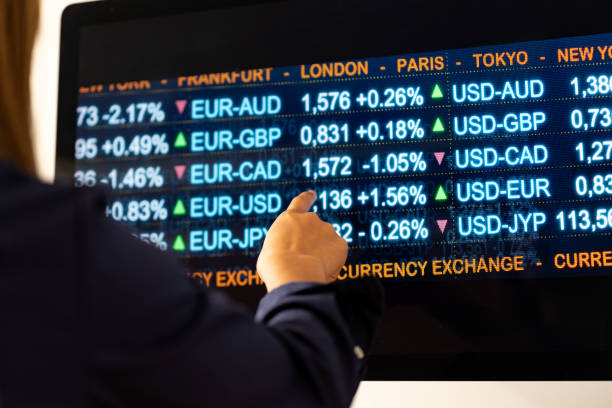What are the advantages of long term futures trading
Long term futures trading is a strategy that involves holding futures contracts for a longer period of time, such as months or years, rather than days or weeks. Long term futures trading can offer several advantages for traders who want to benefit from the long term trends and cycles of the underlying assets, such as commodities, currencies, indices, and stocks. Some of the advantages of long term futures trading are:
l Lower trading costs: Long term futures traders incur lower trading costs than short term futures traders, as they trade less frequently and pay less commissions and fees. Long term futures traders also avoid the rollover costs that short term futures traders have to pay when they close their current contracts and open new ones with the same underlying asset but a different expiry date.
l Higher leverage: Long term futures traders can use higher leverage than short term futures traders, as they have more time to adjust their positions and margins according to the market movements. Leverage is the use of borrowed funds to increase the potential return of an investment. Leverage allows futures traders to magnify their profits, but also their losses, as they are exposed to the full value of the contract.
l Hedging: Long term futures traders can use futures contracts to hedge their risk in a portfolio or a business. Hedging is the practice of reducing or eliminating the exposure to an adverse price movement of an asset by taking an opposite position in a related asset. For example, a farmer who grows wheat can sell wheat futures contracts to lock in the price of his crop and protect himself from the risk of falling wheat prices. Similarly, an investor who owns stocks can buy stock index futures contracts to hedge his equity risk and protect himself from the risk of falling stock prices.
l Diversification: Long term futures traders can use futures contracts to diversify their portfolio or a business. Diversification is the practice of spreading the investments across different assets, markets, or sectors to reduce the overall risk and volatility of the portfolio or the business. For example, an investor who mainly invests in US stocks can buy futures contracts on foreign currencies, commodities, or indices to diversify his portfolio and gain exposure to different markets and economies. Similarly, a business that mainly operates in one country or region can buy futures contracts on foreign currencies, commodities, or indices to diversify its business and hedge its currency, commodity, or market risk.
These are some of the advantages of long term futures trading, but they are not the only ones. Long term futures trading can also offer other benefits, such as tax efficiency, market efficiency, and arbitrage opportunities. However, long term futures trading also has some disadvantages, such as higher risk, lower liquidity, and expiry challenges. Therefore, long term futures traders should use a combination of indicators and tools that can help them analyze the market trends, momentum, volatility, and volume of the underlying assets and the futures contracts. They should also be aware of the benefits and risks of trading futures, such as leverage, liquidity, margin, and settlement.
How do futures traders review their trading?
Futures trading is a form of financial speculation that involves buying and selling contracts that represent the future delivery of an asset, such as a commodity, a currency, an index, or a stock. Futures traders aim to profit from the price movements of the underlying asset, without actually owning
Futures night trading hours
Futures are contracts that obligate the buyer or seller to exchange an asset or commodity at a specified future date and price. They are used for hedging, speculation, and arbitrage purposes in the global market. Futures can be based on various underlying assets, such as currencies, commodities, ind
How can futures efficiently increase the success rate of intraday trading?
Intraday trading is a form of trading that involves buying and selling securities within the same trading day, without holding any positions overnight. Intraday traders aim to profit from the short-term price fluctuations of the market, using various tools and strategies to analyze and execute trade
What are the factors that can affect how much money can be made in futures?
Futures trading is a form of financial speculation that involves buying and selling contracts that represent the future delivery of an asset, such as a commodity, a currency, an index, or a stock. Futures traders aim to profit from the price movements of the underlying asset, without actually owning








